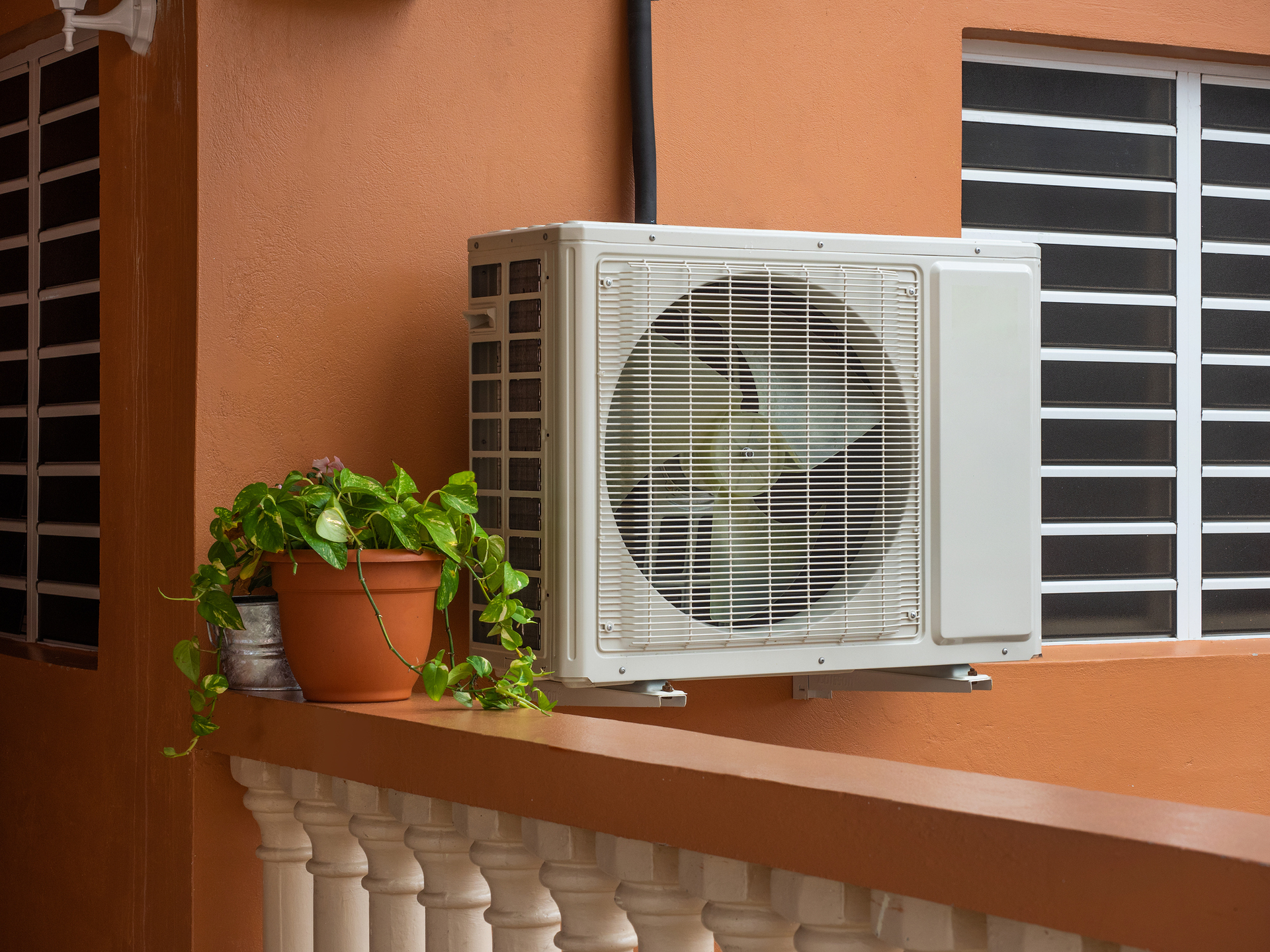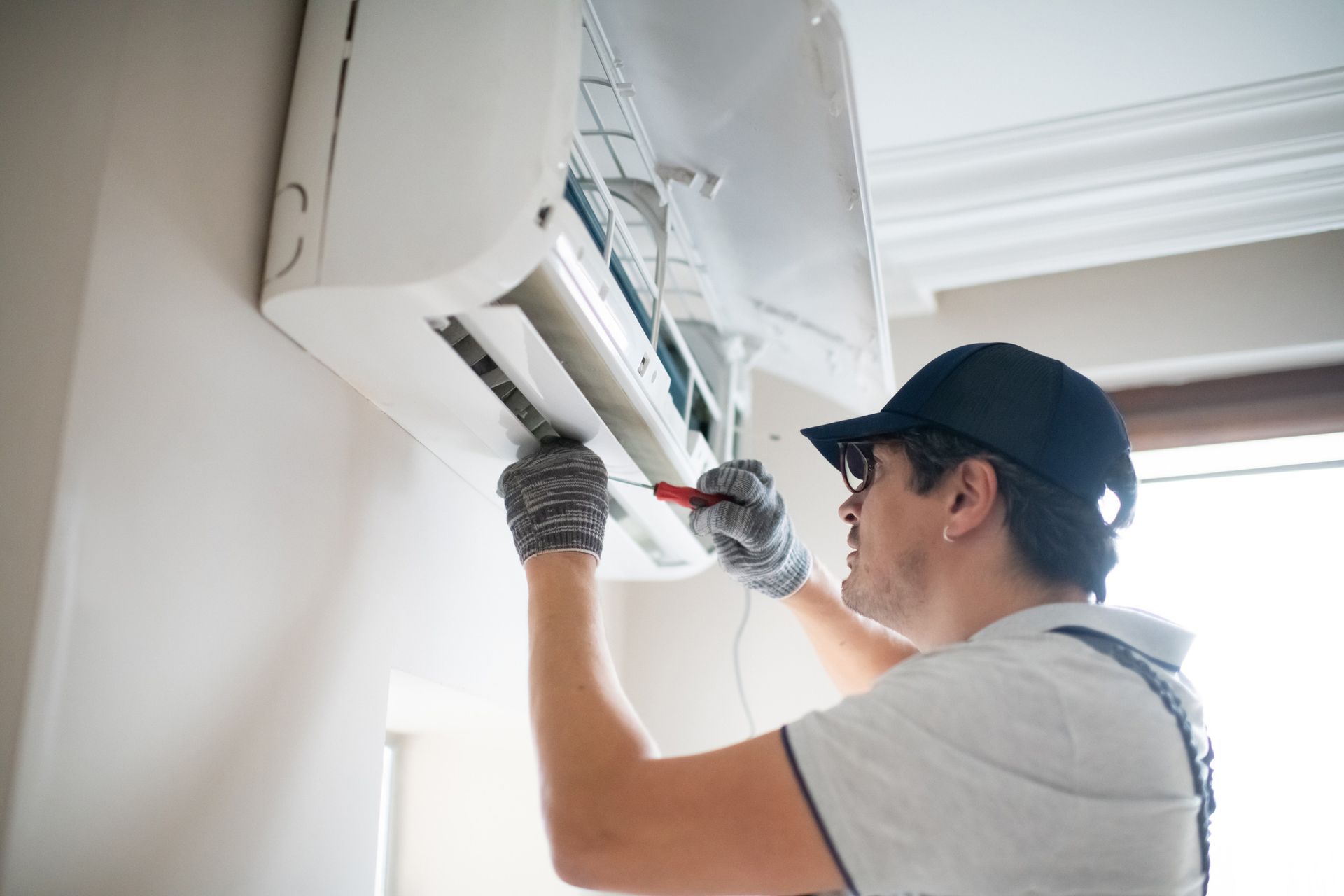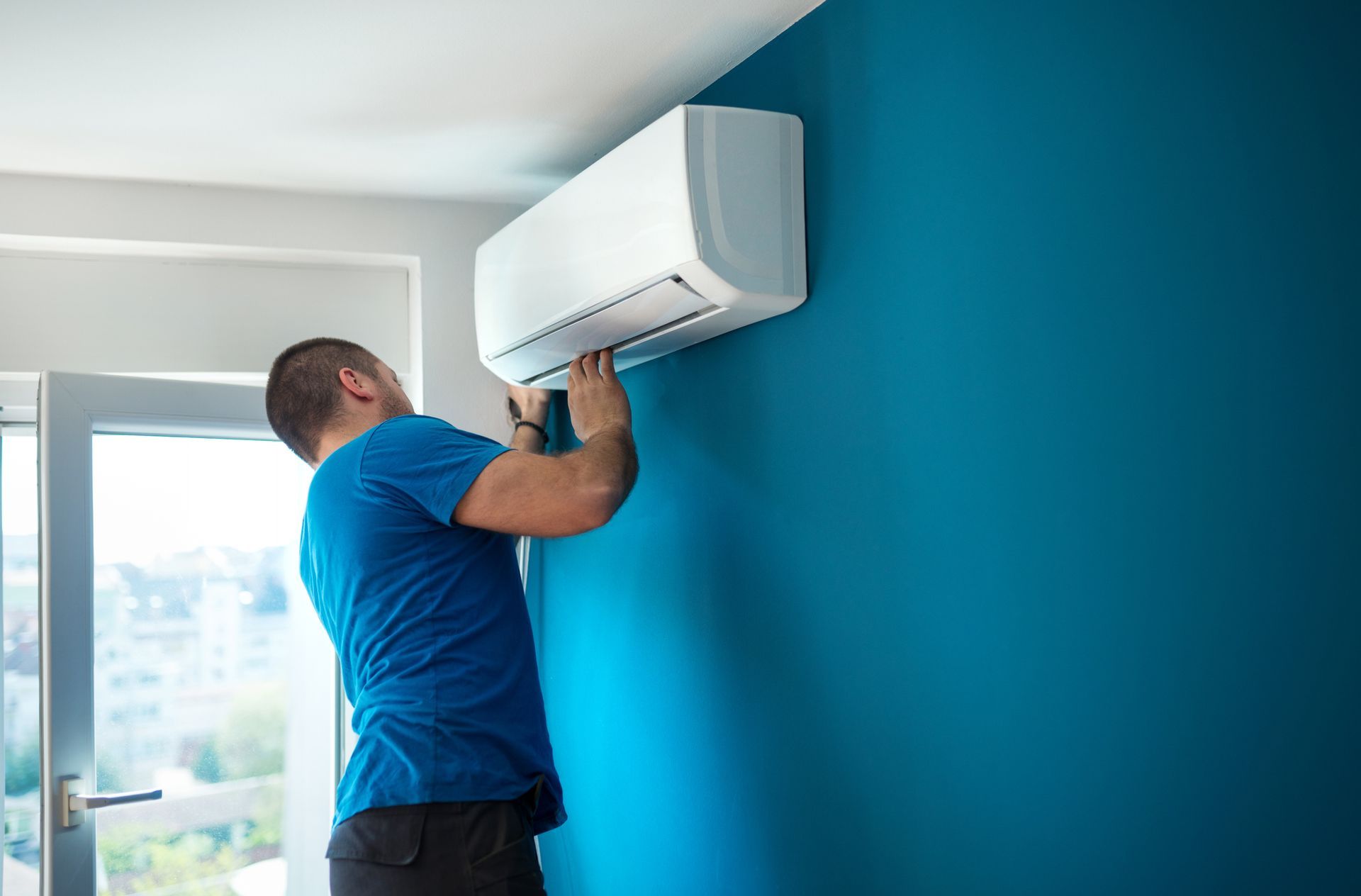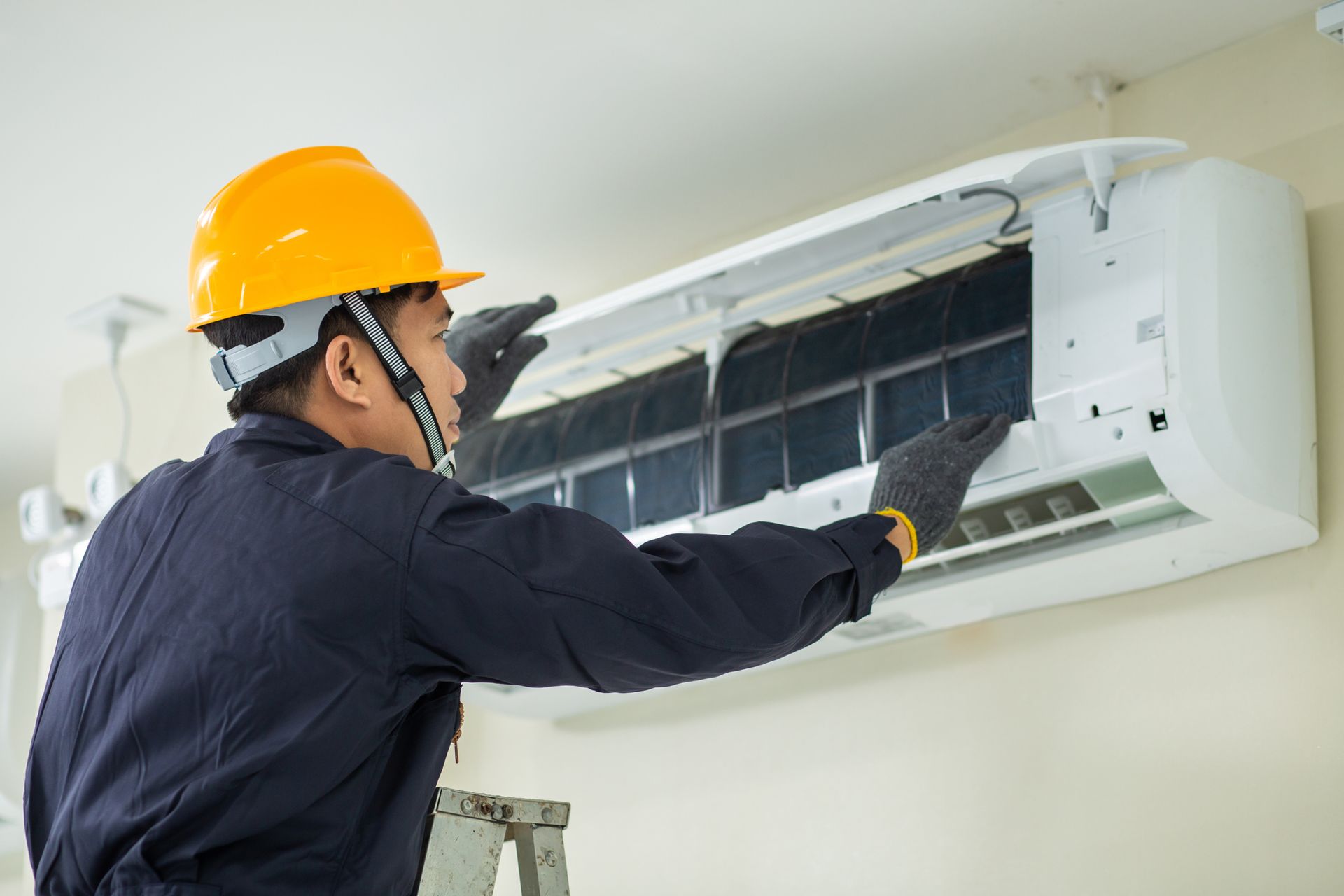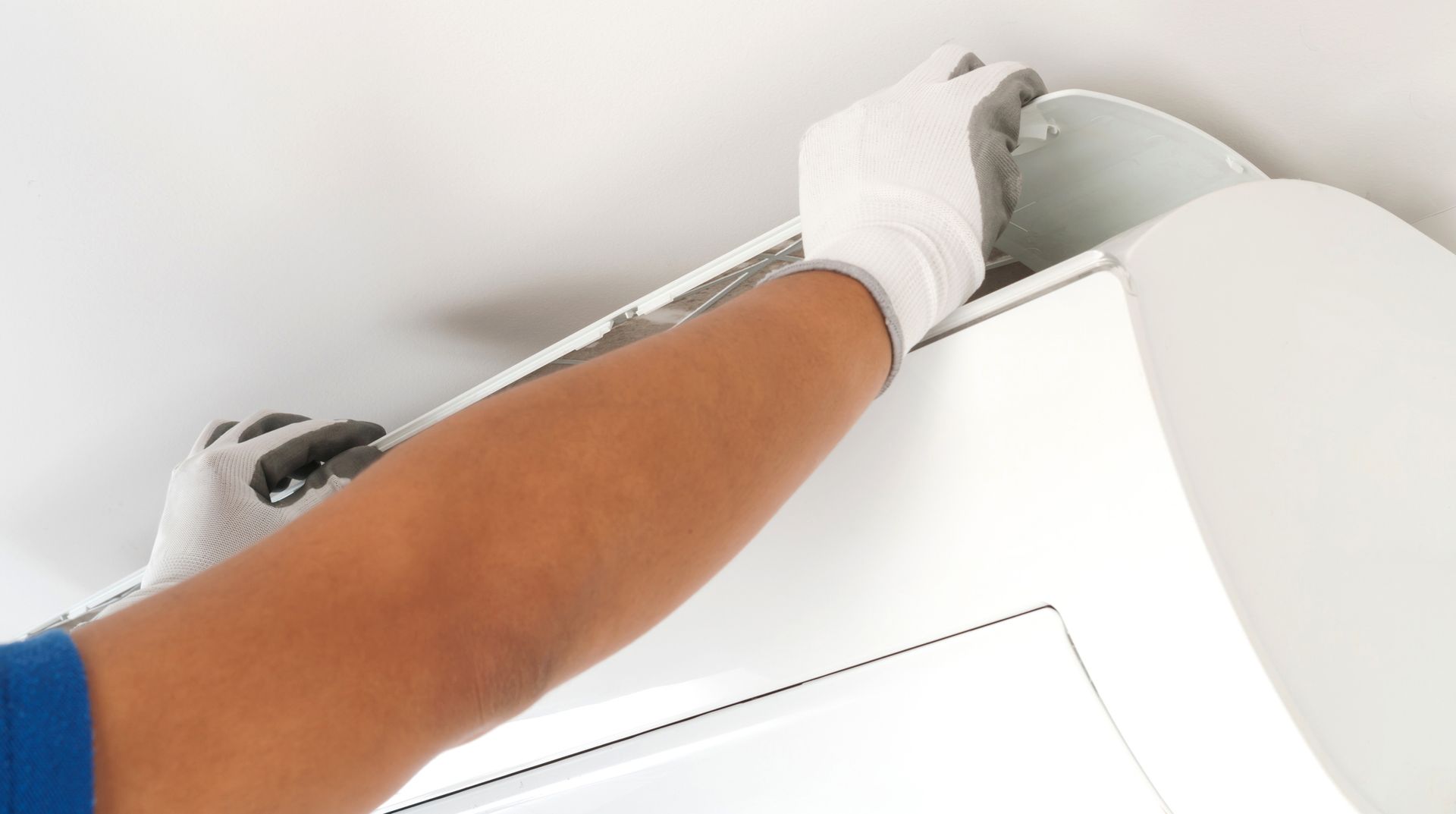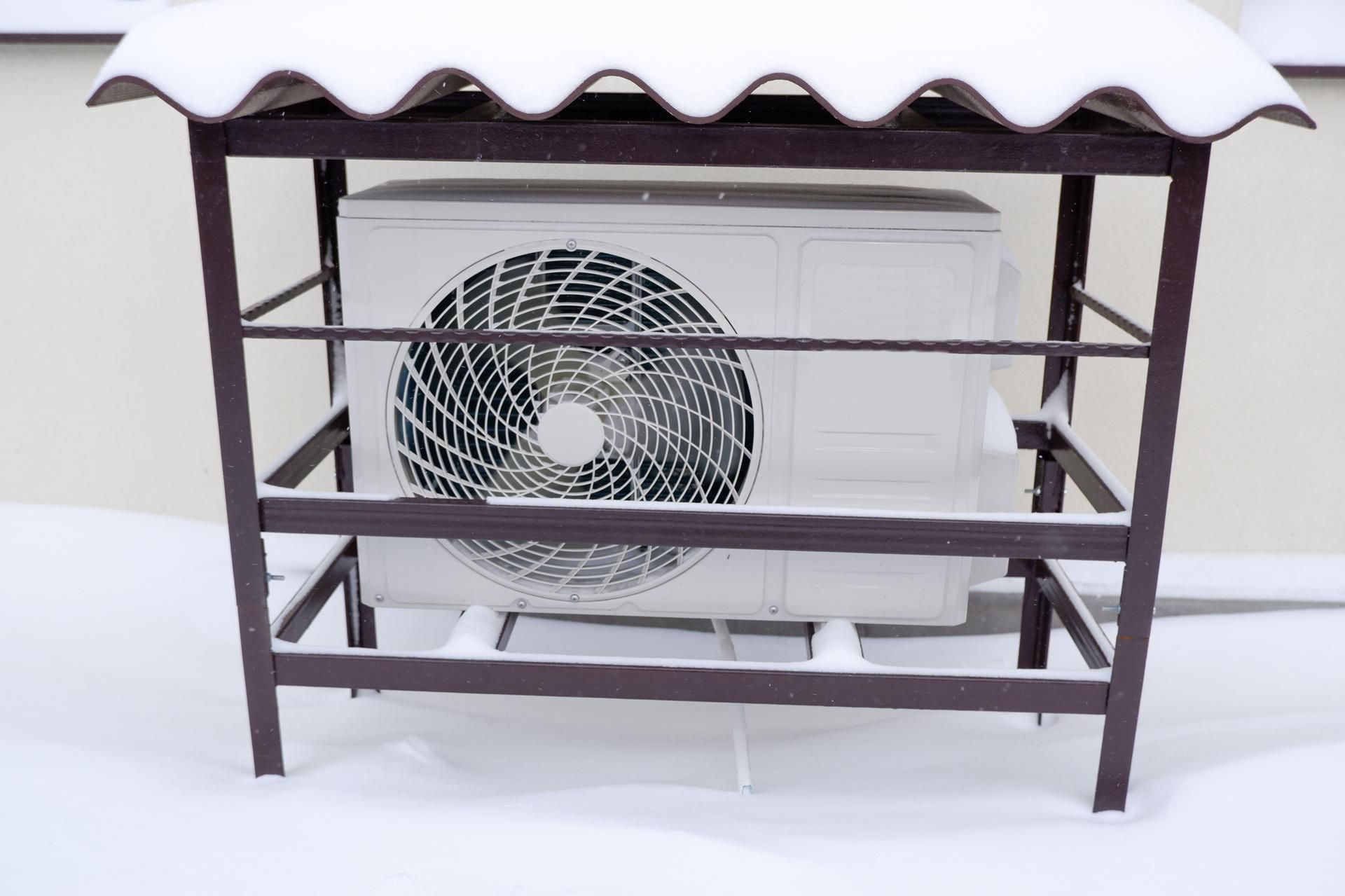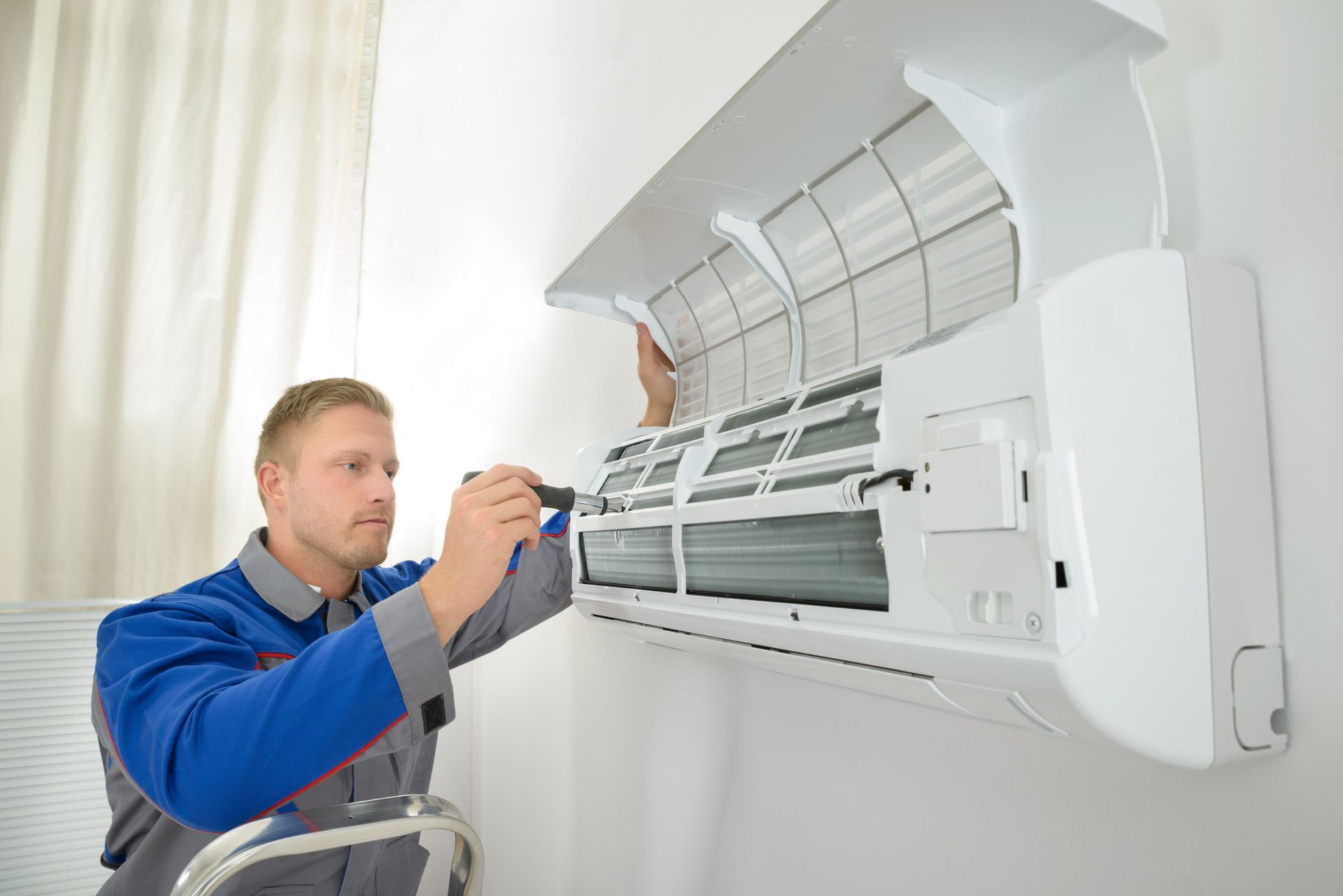Common HVAC Heating Problems and How To Troubleshoot Them
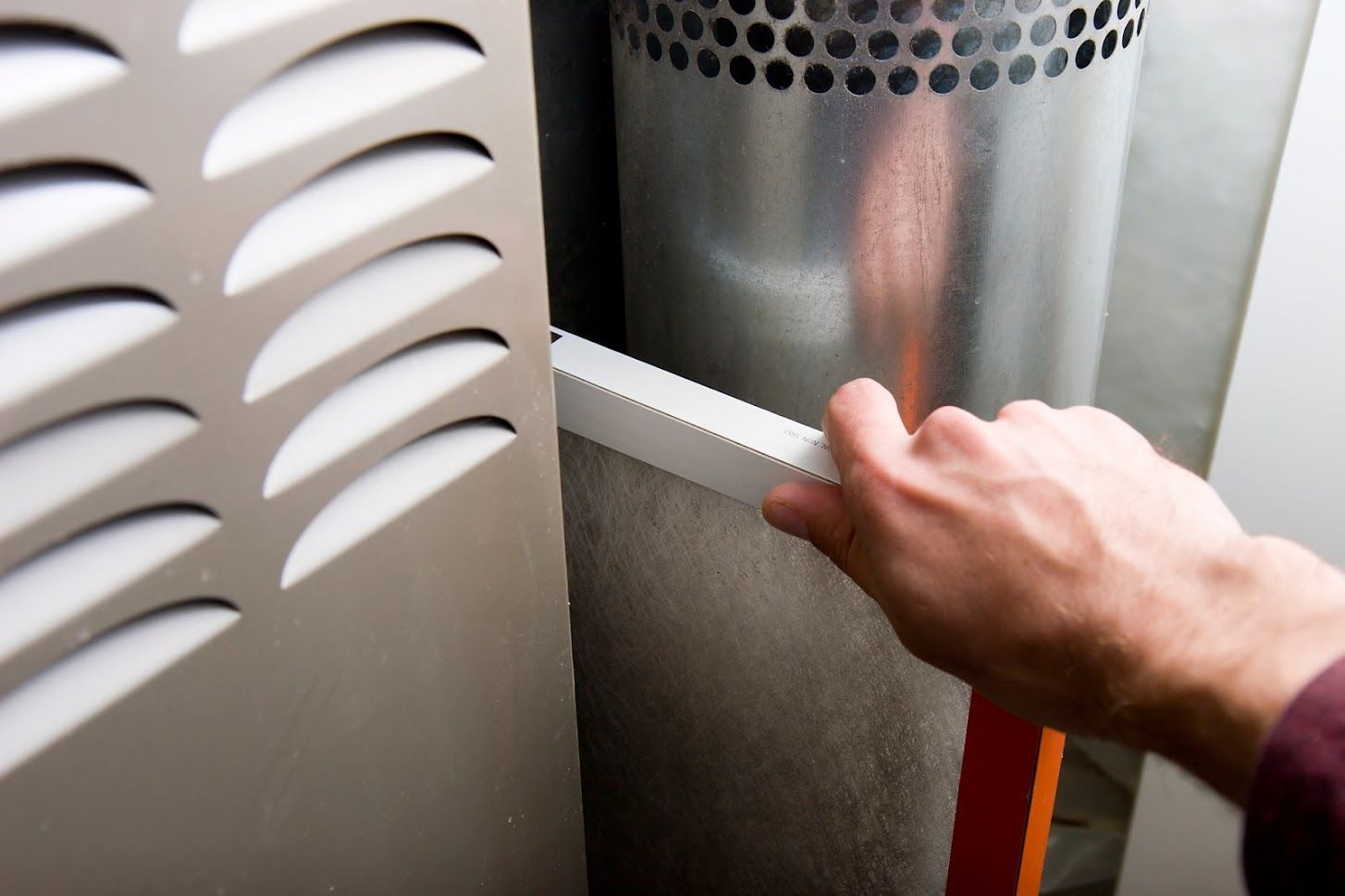
If the heating component of your HVAC unit doesn't work properly, you may wonder what the issue could be. Discover some common causes of HVAC heating problems and how to troubleshoot them.
Thermostat Issues
The thermostat is the device that controls the temperature settings of your HVAC unit and tells it when to turn on and off. If the thermostat is not working correctly, it may result in insufficient or no heating.
To determine whether your thermostat is the problem, you should:
- Make sure it has power. If it uses batteries, replace them if they are low or dead. If it is hardwired, check the breaker or fuse box for any tripped or blown circuits.
- Make sure it is set to heat mode. If the thermostat is set to cool or off mode, it will not signal your HVAC unit to release heat.
- Make sure the temperature setting is higher than the current room temperature. If the thermostat is set too low, it may not trigger the heating cycle.
If you have checked your thermostat and are unable to determine why it does not work properly, you may need to replace it or have it calibrated by a professional.
Air Filter Issues
The air filter is responsible for filtering contaminants, such as pollen, dust, and dirt, from the air that circulates through your HVAC unit. A dirty filter can restrict the airflow and reduce the efficiency and performance of your HVAC unit.
To determine whether your air filter is the problem, you should:
- Remove the air filter and inspect it for any signs of dirt, dust, or damage. It is usually near the return air duct or inside the blower compartment.
- Replace the air filter if it is dirty, damaged, or more than three months old. Use a high-quality air filter that matches the size and type of your HVAC unit.
Check and change your air filter every month or two to prevent HVAC heating problems and improve your indoor air quality.
Refrigerant Issues
The refrigerant is a chemical substance that absorbs and releases heat as it cycles through your HVAC unit. It is essential for both the cooling and heating functions of your HVAC unit. If your refrigerant level is too low or too high, it can affect the heating capacity of your HVAC unit.
To determine whether your refrigerant level is the problem, you should:
- Look for any signs of refrigerant leaks. These include hissing sounds, oily spots, or ice buildup on the refrigerant lines or coils.
- Measure the refrigerant pressure using a gauge or a manifold set. Compare the reading with the manufacturer's specifications for your HVAC unit.
- Add or remove refrigerant as needed to achieve the optimal level. Use the correct type and amount of refrigerant for your HVAC unit.
Refrigerant issues are best handled by a licensed and certified HVAC technician who has the proper tools and training to handle hazardous substances safely and correctly.
Ductwork Issues
Ductwork is a system of pipes that carries heated or cooled air from your HVAC unit to different rooms in your home. If your ductwork is faulty, leaky, or poorly insulated, it can cause heat loss and reduce the effectiveness of your HVAC unit.
To determine whether your ductwork is the problem, you should:
- Inspect your ductwork for any visible signs of damage, such as holes or tears
- Feel for any drafts or temperature differences along your ductwork
- Listen for any noises or vibrations coming from your ductwork
- Seal any leaks or gaps using duct tape, mastic, or metal foil tape
- Insulate any exposed or unconditioned ductwork using duct insulation or spray foam
Inspect your ductwork at least once a year to prevent HVAC heating problems and improve your indoor comfort.
If you have problems with your heating system, contact A-1 Finchum Heating and Cooling, Inc. We can diagnose and fix your HVAC heating problems quickly and safely.



